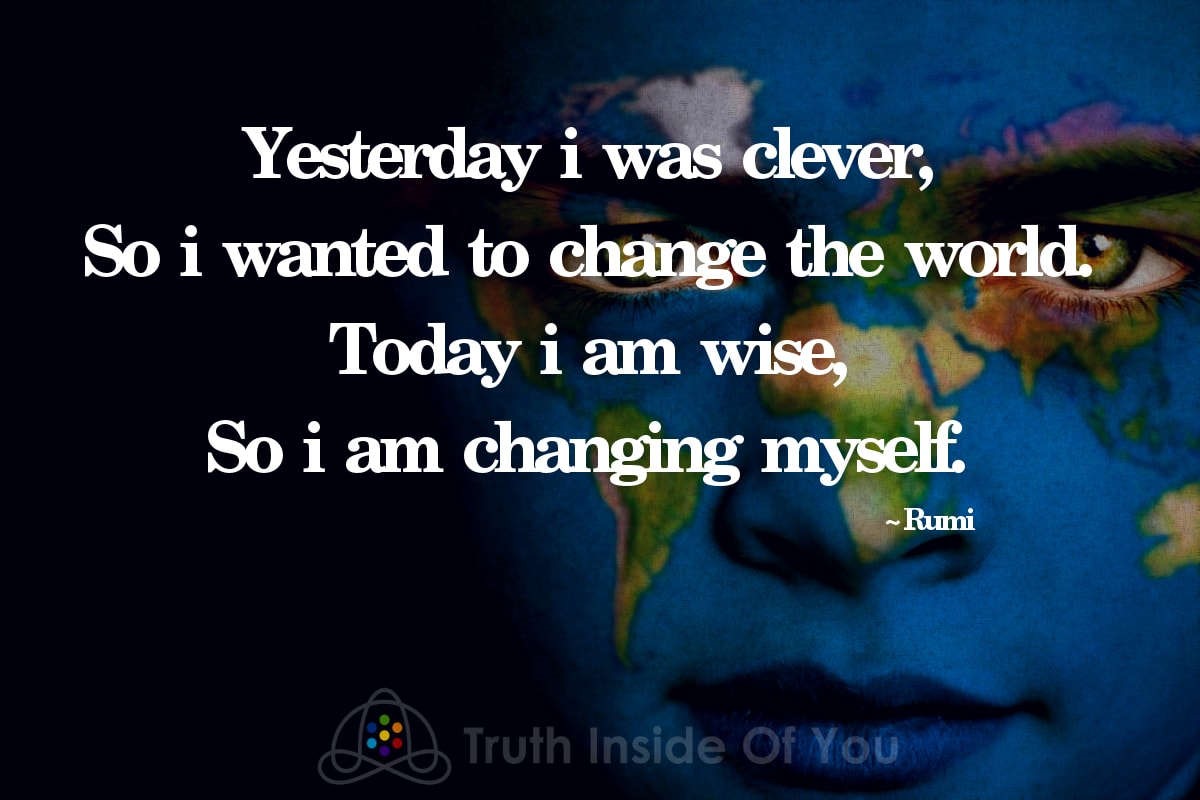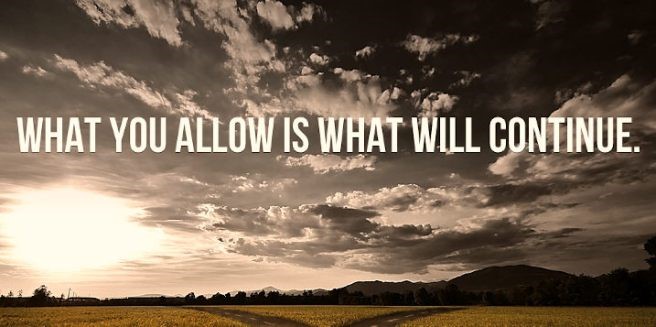Vol. 3, No. 49 20
I am fully convinced that no food is unclean in itself . . . but it is wrong for a man to eat anything that causes someone else to stumble. –Romans 14:14, 20
Danger! Red and blue lights flashing! Warning! Full alert! You are about to enter the “Gray Zone.” The potentially volatile area where the Bible does not say “yes” and it does not say “no.” in fact, it does not say what you should do!
Gray . . . neither black nor white. Not clearly right or wrong. Some things are wrong because the Bible says so. Other things are right because the Bible clearly command them. But what about the things in between – the Gray Stuff?
In the Gray Zone, it is every person for themselves before God to live out convictions forged by faith (Romans 14:22). Here, however, there is a significant problem. The choices I make about issues in the Gray Zone not only affect my relationship with God; the decisions can also affect my relationship with others and their own relationships with God.
Paul’s strong language describes the impact of my example in living out my Christian life. On the negative side, it can distress, destroy, be spoken of as evil, be wrong, or cause others to fall. On the positive side, it can lead to peace, mutual edification, blessing, and pull others close to the Savior.
Now there are limits to my liberty in Christ. It matters not whether there are legalistically imposed limits upon me through others. What matters is what I self-impose for the good of others. If my example with a Gray Zone issue leads another believer, or a non-believer, to do what I do – but the others feel guilty about it – then I should refrain from doing it.
The liberty that another believer has needs be based upon faith, not my example. The other’s freedom to participate in a Gray Zone issue needs to come from spiritual conviction . . . not rationalization because everybody else is doing it (Romans 14:23).
We need to look around . . . who is watching the example we set with our life? Our peers, our spouse, our co-workers/retired friends, out children, our neighbors – are we willing to limit ourselves for their sakes.
In essentials, unity; in nonessentials, liberty; in all things charity. –Augustine
For he who in this way serves Christ is acceptable to God and approved by men. –Romans 14:18
A thought from Paul Tripp . . . Come Let Us Adore Him
The shepherds came to worship the Prince of Peace, who came to finally bridge the separation between God and mankind and purchase peace.
We have all had weird, awkward moments with others. You probably hate those moments as much as I do. You say something but it does not come out right, and what comes out is embarrassing . . . followed by . . . [what] seems like an eternity of strained silence. You then feel the need to explain, but you just end up digging a deeper hole for yourself.
“Who told you that you were naked?” [What an awkward moment!]
Sin has broken the most important relationship in all of life, the relationship between people and their Creator. This separation alters everything in each of our lives.
Jesus came to earth to be the Prince of Peace. Through His life, death, and resurrection, He would make peace between God and us. By His righteous life, He would earn our acceptance with God and purchase our right to be God’s children.
The fearful awkwardness between us and God has been forever broken by Jesus, so we can run with confidence into God’s presence and know that He will never turn us away.
Have you come to the Prince of Peace?



